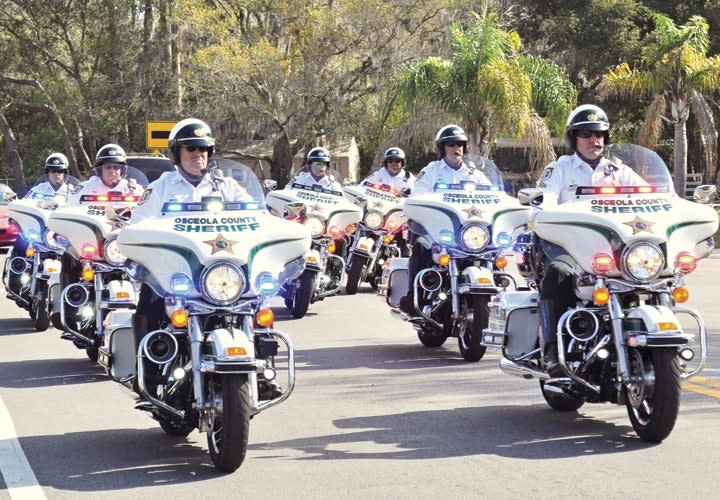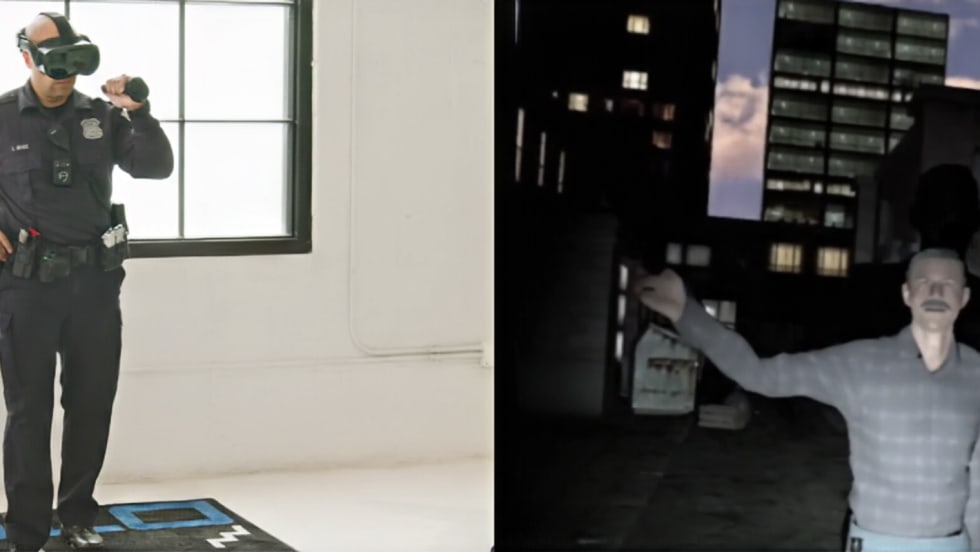If you're not sure what your supervisor expects of you, here are some universal truths that should help you make sure you pass muster, no matter how long you've been on the job.
I became a deputy sheriff in 1984 and have been in a leadership position since 1996. That gives me a wide range of experience and perspective from the officer, first-line supervisor (sergeant), and second-line supervisor (lieutenant) viewpoints. I can assure you that although every supervisor has his or her own likes and dislikes, the core expectations are pretty much the same at any agency be it local, state, or federal.
In order to be successful at your particular level, it's important to know what your supervisor expects of you. In an ideal world new supervisors would tell you what they expected and how they wanted things done upon their assuming command. In the real world, most don't and you only find out when, in their minds, you have screwed up.
If your supervisor's expectations are difficult to figure out in the beginning because you fail to ask or your supervisor is short on answers, there are ways to navigate that uncomfortable period by following some universal truths that apply equally to any supervisor. The following suggestions are presented in no certain order and should be considered as part of your day-to-day operations no matter how long you've been on the job
Wear a clean, crisp uniform.
A professional image goes a long way in and out of the office. If you look like a slob, you'll be treated like one. If you look professional, people will tend to think you are professional. If you don't care enough about the way you look, then how are you going to care about someone else's problems?
Keep your vehicle clean.
Regardless of what type of vehicle you drive, it should be clean and ready for duty at the start of your shift. If you get your vehicle dirty while working your shift that's one thing; it looking like it hasn't been cleaned for weeks is another.
Do your job.
You got hired to do a job; that's why it's called work and not fun in the sun. You can choose to be on fire or just do what's required of you, but do no less. Don't make your supervisor question your work product.
Act like a volunteer.
Unless you were court ordered, you are a volunteer three times over. You volunteered to become a cop, you volunteered to go to a police academy, and you volunteered to apply at the agency for which you now work. So act like a volunteer! Stay hungry and show everyone you not only earned the right to be there but more importantly to stay there. So many people work hard to get to an agency and then when given the opportunity they do nothing with it. If you just want a pay check go somewhere where doing nothing doesn't get someone killed.
Keep weapons clean.
You go to the range, shoot your assigned weapons, and then you clean them. Is that too much to ask? It's for your own protection. You are ensuring that your firearm will work when needed and if you do have to fire it, the weapon will match your story. The bad guy has multiple holes in him and you swear you only fired once. But upon inspection, your handgun looks like you spent the whole day at the range. The burden of proof is on you, so why create issues of doubt due to your laziness.
Know your policy and procedure.
This goes hand in hand with knowing your job. Unless the tactical situation calls for an alternative course of action, follow policy and procedure. There are supervisors out there who like to say that policy is just a guideline when it's convenient for them to do so. When it's their neck on the line, however, that guideline mysteriously becomes a hard-and-fast policy that someone else has violated. It's an easy solution; don't violate policy unless it's an exigent circumstance and the moral or ethical thing to do.
Ask a question the smart way.
Supervisors get paid to supervise, not to do your job as well. If you have a question or issue, ask. But also tell your supervisor how you want to handle it. That way your supervisor knows you are at least trying to do the right thing and he or she can suggest any adjustments or corrections.
Don't confuse public service with a dating service.
Interacting with the public is part of the process. Asking for phone numbers so you can call them later is not. Traffic stops are not a form of speed dating either.
Avoid the appearance of malice.
Perception is reality so be above board in all your actions. You can't use your home as a substation and think someone isn't going to call in a complaint. Having lunch with your girlfriend every day is fine as long as you keep to your allotted time. If you check out on the radio when you stop to get coffee, then no one can question where you are.
Write reports well.
You need to follow the journalistic approach of trying to answer who, what, when, where, and how. Your report needs to make sense and it needs to include all the necessary details. Supervisors understand some reports are going to be short if there are no details to be had. But they don't like to write the report for you or spend time fixing mistakes that you should have caught while proofreading your report before turning it in.
Keep up with trends in your area.
Some officers can tell you who is sleeping with whom in the office but they can't tell you how many burglaries happened in their zone. Don't let that be you. Be aware of what's happening in your area. Make sure you get a good pass-off from the shift before and read your intelligence bulletins.
Know the people in your area.
You need to establish ties with the people in your zones. Stop and talk whenever you can. Develop sources for information by building their trust. A supervisor expects you to know the area you're working.
Handle complaints with dispatch professionally.
There seems to be a never ending war between officers and dispatch. People with conflicting personalities are always bumping heads. If you have a problem with a dispatcher, try calling that person first and working it out. If that doesn't work, tell your supervisor so he or she can talk with the dispatcher's supervisor. Do not take it upon yourself to make a stupid remark over the radio. Once you do that, your chances of resolving your problem will be zero as you have just become the focus of the complaint.
Respect the rank and position; you don't have to respect the person.
Let's face it, we do work with very interesting people. You have to shake your head and wonder about some of the decisions that are being made. But it makes no matter whether you like someone or not. You need to respect everyone's rank and position. No one is asking you to take warm showers with anyone; you just have to work with them.
Remember Protocol and Passion
Supervisors have their own job to do, which includes making sure you do yours. They also have to make sure the agency's interests are being protected. That means making sure that policy and procedures are being followed.
I am a stickler for following procedure if for no other reason than because it keeps members of my command out of trouble. I have been called into a supervisor's office many times about an alleged mistake and have been able to point to a policy, an e-mail, or a documented verbal command to back up an action. They hate it but they also get over it.
Supervisors want you to be successful but they expect certain things. Most start from the premise that you volunteered for this job, so if you want to be successful, keep acting like a passionate volunteer. I always say that if you do your job the worst thing that can happen is you upset someone. Dealing with upset is a lot easier than dealing with a cut in pay or a demotion.
Amaury Murgado is a special operations lieutenant with the Osceola County (Fla.) Sheriff's Office. He is a retired master sergeant from the Army Reserve, has over 27 years of law enforcement experience, and has been a lifelong student of martial arts.












